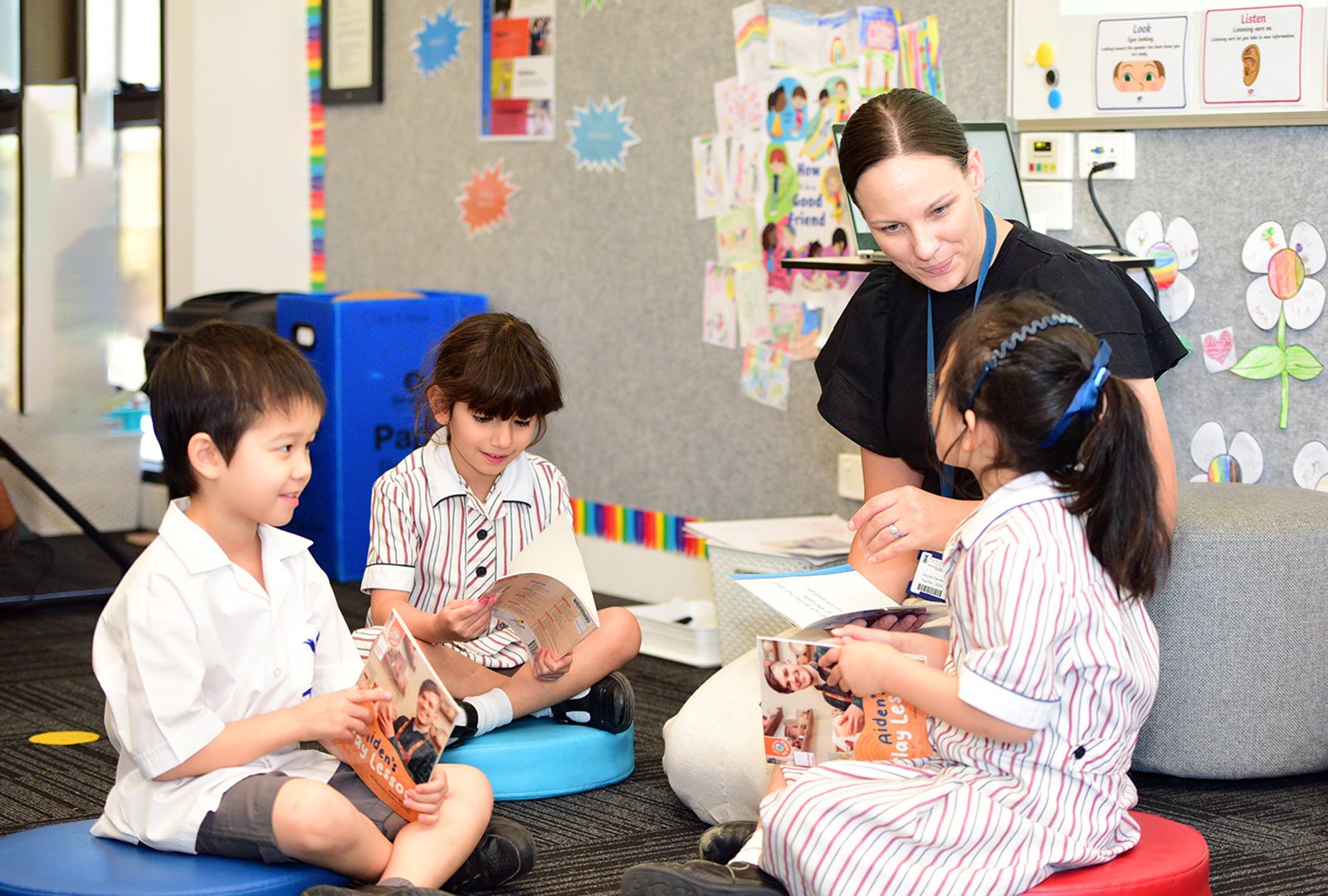
In the realm of education, time is more than just a number on the clock; it is a fundamental pillar upon which the entire structure of learning is built. The act of arriving at school on time might seem simple, but its significance extends far beyond punctuality. It serves as the foundation for a successful and enriching educational experience, impacting not only a student’s individual growth but also the collective wellbeing of the classroom community.
The moment a student walks through the school gates at TKS marks the beginning of a new learning journey. Arriving on time allows students to acclimate themselves to the school environment before lessons commence. This transition period allows them to mentally prepare for the challenges and opportunities that lie ahead. When students are punctual, they are more likely to enter the classroom with a clear and open mind, ready to absorb information and engage actively in the day’s curriculum.
In a primary setting the early moments of the school day often hold essential announcements, discussions, and introductory activities. Missing out on these initial interactions can result in students feeling disconnected from the class’s collective progress, potentially impacting their overall comprehension and engagement with the learning engagements.
Predictability is a cornerstone of effective education. Consistent routines provide students with a sense of stability and understanding in their daily lives. By arriving at school on time, students establish a routine that nurtures discipline and responsibility. This simple act cultivates organisational skills and time-management abilities that will serve them not only during their school years but throughout their lives. Students who consistently arrive on time exemplify a commitment to their education and signal to their peers and teachers that they value the classroom experience. This shared commitment fosters an atmosphere of respect and cooperation that benefits everyone involved.
Education is not merely the transfer of knowledge, it’s a social experience that shapes a student’s sense of belonging and identity. Arriving at school on time plays a pivotal role in this aspect of education. Students who are consistently present at the start of the school day are better able to integrate into the classroom community. They have the opportunity to greet their peers, participate in group activities, and engage in social interactions that lay the foundation for friendships and support networks. Human beings are inherently social creatures, and a sense of belonging to a group is vital for emotional well-being. By arriving on time, students can cultivate a strong sense of camaraderie, fostering an environment of inclusivity and support that benefits the entire class.
One of the most significant advantages of arriving at school on time is the opportunity for teachers to conduct student check-ins during the morning hours. These check-ins allow educators to gauge the emotional and academic well-being of each student. They can address any concerns, answer questions, and provide the necessary support to ensure that every student is in the best possible position to learn. These moments of individual attention set a positive tone for the rest of the day. Students who might be struggling with particular concepts or facing challenges can receive timely assistance, preventing any issues from snowballing into larger problems. This targeted support not only enhances a student’s understanding of the curriculum but also demonstrates the teacher’s commitment to their growth and success.
So, when you next think about missing the morning traffic at school drop off or allowing a 5 minute sleep, remember the act of arriving at school on time transcends the boundaries of punctuality; it lays the groundwork for a successful and enriching educational experience. By setting the tone for learning, establishing routines, fostering a sense of belonging, and enabling teacher check-ins, punctuality becomes a powerful tool in shaping not only an individual student’s journey but also the dynamics of the entire classroom community.
Mr Simon Cowell
Head of Junior School
